General Resources
Copyright on all materials on this site is retained by the authors. You are granted a limited license to reproduce these resources for classroom use, provided the copyright notices are not removed. Charging a fee for these resources, or distributing them in any way outside your classroom, is prohibited.
Vocabulary
Word Puzzle Booklet
Science has a lot of specialized vocabulary. Some students like word puzzles, so I made a booklet of crossword puzzles and word search puzzles for them. The clues are the definitions from the Nelson Science Perspectives 10 textbook. Every chapter has both a crossword puzzle and a word search puzzle, and so does every unit. The booklet is designed to be printed double-sided, which puts the clues on the left page and the puzzle on the right page.
Updated to add page numbers, as well as answers at the back of the booklet.
Updated to add page numbers, as well as answers at the back of the booklet.
The Nature of Science
In Our Time: The Scientific Method
In Our Time is a wonderful series on BBC Radio 4.
Melvyn Bragg and his guests discuss the evolution of the Scientific Method, the systematic and analytical approach to scientific thought.
The scientific method, and the logical processes on which it is based, became a topic of intense debate in the seventeenth century, and thinkers including Isaac Newton, Thomas Huxley and Karl Popper all made important contributions. Some of the greatest discoveries of the modern age were informed by their work, although even today the term 'scientific method' remains difficult to define.
Melvyn Bragg and his guests discuss the evolution of the Scientific Method, the systematic and analytical approach to scientific thought.
The scientific method, and the logical processes on which it is based, became a topic of intense debate in the seventeenth century, and thinkers including Isaac Newton, Thomas Huxley and Karl Popper all made important contributions. Some of the greatest discoveries of the modern age were informed by their work, although even today the term 'scientific method' remains difficult to define.
In Our Time: The Scientist
In Our Time is a wonderful series on BBC Radio 4.
Melvyn Bragg and guests discuss the origin of the concept and historical role of the scientist. The word "science" first appeared in the English language in 1340 and ever since its meaning has been in a state of flux. The notion of "the scientist" has had a similarly evolving history. For some, "the scientist" does not truly appear until after the Renaissance, others put its emergence much later than that.
Melvyn Bragg and guests discuss the origin of the concept and historical role of the scientist. The word "science" first appeared in the English language in 1340 and ever since its meaning has been in a state of flux. The notion of "the scientist" has had a similarly evolving history. For some, "the scientist" does not truly appear until after the Renaissance, others put its emergence much later than that.
In Our Time: Science’s Revelations
In Our Time is a wonderful series on BBC Radio 4.
Melvyn Bragg and guests discuss whether the mass of scientific understanding and knowledge we have accumulated has destroyed our sense of poetic wonder at the world. Has our sense of awe at how the world works obscured our desire to know why it works the way it does?
With Richard Dawkins evolutionary biologist, reader in Zoology and Fellow of New College, Oxford, Charles Simonyi Chair of Public Understanding of Science, Oxford University and author of Unweaving The Rainbow: Science, Delusion and The Appetite For Wonder; Ian McEwan, novelist, and author of the Booker prize winning novel Amsterdam.
Melvyn Bragg and guests discuss whether the mass of scientific understanding and knowledge we have accumulated has destroyed our sense of poetic wonder at the world. Has our sense of awe at how the world works obscured our desire to know why it works the way it does?
With Richard Dawkins evolutionary biologist, reader in Zoology and Fellow of New College, Oxford, Charles Simonyi Chair of Public Understanding of Science, Oxford University and author of Unweaving The Rainbow: Science, Delusion and The Appetite For Wonder; Ian McEwan, novelist, and author of the Booker prize winning novel Amsterdam.
In Our Time: Science in the 20th century
In Our Time is a wonderful series on BBC Radio 4.
Melvyn Bragg and guests discuss how perceptions of science and the power of science have changed in the 20th century. Does scientific endeavour increasingly concern itself with doubt rather than certainty, and is it coming any closer to integrating with other disciplines - philosophy or the social sciences? How much does the scientific explanation of the world owe to a wish for coherent understanding we all have, rather than objective observation, and why are we alternately disapproving of, then obsessively over-enthusiastic about new scientific theories? How far has specialisation in the sciences obscured our view of the world in its entirety, and if scientists want to operate within a social framework, can they do so and still claim to be objective and value-free in their findings?
Melvyn Bragg and guests discuss how perceptions of science and the power of science have changed in the 20th century. Does scientific endeavour increasingly concern itself with doubt rather than certainty, and is it coming any closer to integrating with other disciplines - philosophy or the social sciences? How much does the scientific explanation of the world owe to a wish for coherent understanding we all have, rather than objective observation, and why are we alternately disapproving of, then obsessively over-enthusiastic about new scientific theories? How far has specialisation in the sciences obscured our view of the world in its entirety, and if scientists want to operate within a social framework, can they do so and still claim to be objective and value-free in their findings?
In Our Time: Laws of Nature
In Our Time is a wonderful series on BBC Radio 4.
Melvyn Bragg and guests discuss the Laws of Nature. Since ancient times philosophers and physicists have tried to discover simple underlying principles that control the Universe: In the 6th Century BC Thales declared “Everything is water”, centuries later Aristotle claimed that all of creation was forged from four elements, Newton more successfully laid down the Law of Universal Gravitation and as we speak, contemporary scientists are struggling to complete the task of ‘String Theory’ - the quest to find a single over-arching equation that unites all of physics, and can perhaps explain the organisation of everything in existence.
But are the Laws of Physics really ‘facts of life’? Is what is true in physics, true in all areas of existence? Is it even true in other areas of physics?
Melvyn Bragg and guests discuss the Laws of Nature. Since ancient times philosophers and physicists have tried to discover simple underlying principles that control the Universe: In the 6th Century BC Thales declared “Everything is water”, centuries later Aristotle claimed that all of creation was forged from four elements, Newton more successfully laid down the Law of Universal Gravitation and as we speak, contemporary scientists are struggling to complete the task of ‘String Theory’ - the quest to find a single over-arching equation that unites all of physics, and can perhaps explain the organisation of everything in existence.
But are the Laws of Physics really ‘facts of life’? Is what is true in physics, true in all areas of existence? Is it even true in other areas of physics?
In Our Time: Baconian Science
In Our Time is a wonderful series on BBC Radio 4.
Patricia Fara, Stephen Pumfrey and Rhodri Lewis join Melvyn Bragg to discuss the Jacobean lawyer, political fixer and alleged founder of modern science Francis Bacon.
Francis Bacon was a lawyer and political schemer who climbed the greasy pole of Jacobean politics and then fell down it again. But he is most famous for developing an idea of how science should be done - a method that he hoped would slough off the husk of ancient thinking and usher in a new age. It is called Baconian Method and it has influenced and inspired scientists from Bacon's own time to the present day.
Patricia Fara, Stephen Pumfrey and Rhodri Lewis join Melvyn Bragg to discuss the Jacobean lawyer, political fixer and alleged founder of modern science Francis Bacon.
Francis Bacon was a lawyer and political schemer who climbed the greasy pole of Jacobean politics and then fell down it again. But he is most famous for developing an idea of how science should be done - a method that he hoped would slough off the husk of ancient thinking and usher in a new age. It is called Baconian Method and it has influenced and inspired scientists from Bacon's own time to the present day.
Women in Science Card Game
An original, fun and educational card game.
The game is composed of 54 beautiful cards in a full color tuck-box. You can play our strategic game based on the card colors or play any standard 52-cards game using the top left logo. The artwork was hand drawn by French illustrator Fran6co (Francis Collie).
This is an amusing game. It doesn't really teach a science subject, but it’s a fun way to pass a few minutes, and does a bit to overcome persistent gender bias. Luanna Games have a free print-and-play version if you want to try it out.
In essence, you try to collect ‘labs’ of four scientists in the same discipline. The first player to get three labs wins. Clones act as wild cards, and special cards let you recruit people from other players’ labs. The disciplines are: engineering/physics/astronomy, biology/medicine, ecology/earth science, math/computer science, and psychoanalysis/social science.
I question some of the design choices, which lend a lot of weight to ‘soft’ fields. There are four psychoanalysts to three physicists, for example. Rather than lump physics in with engineering and astronomy, I would have preferred leaving out psychoanalysis entirely and using the cards to add more women in physics and chemistry.
That said, this is better than nothing. It would be easy enough to kit-bash the print-and-play version to eliminate psychoanalysis and leave room for more interesting people; in fact, that would make a good class project.
- Familiarizes players with remarkable, often unknown, women of science.
- Offers inspiring role models for kids (girls, but boys too!)
- 20% of profits are donated to organizations promoting women in science.
The game is composed of 54 beautiful cards in a full color tuck-box. You can play our strategic game based on the card colors or play any standard 52-cards game using the top left logo. The artwork was hand drawn by French illustrator Fran6co (Francis Collie).
This is an amusing game. It doesn't really teach a science subject, but it’s a fun way to pass a few minutes, and does a bit to overcome persistent gender bias. Luanna Games have a free print-and-play version if you want to try it out.
In essence, you try to collect ‘labs’ of four scientists in the same discipline. The first player to get three labs wins. Clones act as wild cards, and special cards let you recruit people from other players’ labs. The disciplines are: engineering/physics/astronomy, biology/medicine, ecology/earth science, math/computer science, and psychoanalysis/social science.
I question some of the design choices, which lend a lot of weight to ‘soft’ fields. There are four psychoanalysts to three physicists, for example. Rather than lump physics in with engineering and astronomy, I would have preferred leaving out psychoanalysis entirely and using the cards to add more women in physics and chemistry.
That said, this is better than nothing. It would be easy enough to kit-bash the print-and-play version to eliminate psychoanalysis and leave room for more interesting people; in fact, that would make a good class project.
Top Female Scientists Card Game
This neat game was designed by Hannah Wakeford and Simon Clark, a couple of post-grads at the University of Exeter.
There are 32 in total across maths, physics, biology, chemistry and geology - where each card has characteristics of Innovation, Impact, Obscurity and Badassery as well as a short biography. We hope that while the public will enjoy playing the game and hopefully learn about the scientists covered, our real goal is for the cards to be used as a classroom tool - specifically to encourage girls to engage with science. Many girls are put off studying science at school because they perceive it to be a very male-dominated subject, and one problem in particular is that they seem unaware of the female heritage in science. Most people can't name more than 5 or 6 famous female scientists, and yet some stellar women have contributed so much to our understanding of science. So we wanted to try and correct that.
I am really proud of these cards and I think that they are a great way to get students of any gender involved in science. There is a huge history of scientists that we are not aware of and this is just scratching the surface of some of the most amazing scientists that have graced our world.
The link takes you to their web site, where you can listen to their podcast, watch a promo video, and download a free copy of the game.
There are 32 in total across maths, physics, biology, chemistry and geology - where each card has characteristics of Innovation, Impact, Obscurity and Badassery as well as a short biography. We hope that while the public will enjoy playing the game and hopefully learn about the scientists covered, our real goal is for the cards to be used as a classroom tool - specifically to encourage girls to engage with science. Many girls are put off studying science at school because they perceive it to be a very male-dominated subject, and one problem in particular is that they seem unaware of the female heritage in science. Most people can't name more than 5 or 6 famous female scientists, and yet some stellar women have contributed so much to our understanding of science. So we wanted to try and correct that.
I am really proud of these cards and I think that they are a great way to get students of any gender involved in science. There is a huge history of scientists that we are not aware of and this is just scratching the surface of some of the most amazing scientists that have graced our world.
The link takes you to their web site, where you can listen to their podcast, watch a promo video, and download a free copy of the game.
Here Comes Science
Here Comes Science is a DVD/CD set of songs about science. The video for “Meet the Elements” was featured on boingboing.net, while the legendary rock version of “Why Does the Sun Shine? (The Sun is a Mass of Incandescent Gas)” finally gets a fully realized studio reading, and even it’s own answer song. Danny Weinkauf contributes “I Am A Paleontologist” which would be used in the soundtrack to a national television campaign.
TRACK LIST
Science Is Real
Meet The Elements
I Am A Paleontologist w/ Danny Weinkauf
The Bloodmobile
Electric Car w/ Robin Goldwasser
My Brother The Ape
What Is A Shooting Star?
How Many Planets?
Why Does The Sun Shine?
Why Does The Sun Really Shine?
Roy G. Biv
Put It To The Test
Photosynthesis
Cells
Speed And Velocity w/ Marty Beller
Computer Assisted Design
Solid Liquid Gas
Here Comes Science
The Ballad Of Davy Crockett (In Outer Space)
The songs may be silly children’s songs, but the science is real. I show some of the videos while I'm waiting for the class to arrive.
TRACK LIST
Science Is Real
Meet The Elements
I Am A Paleontologist w/ Danny Weinkauf
The Bloodmobile
Electric Car w/ Robin Goldwasser
My Brother The Ape
What Is A Shooting Star?
How Many Planets?
Why Does The Sun Shine?
Why Does The Sun Really Shine?
Roy G. Biv
Put It To The Test
Photosynthesis
Cells
Speed And Velocity w/ Marty Beller
Computer Assisted Design
Solid Liquid Gas
Here Comes Science
The Ballad Of Davy Crockett (In Outer Space)
The songs may be silly children’s songs, but the science is real. I show some of the videos while I'm waiting for the class to arrive.
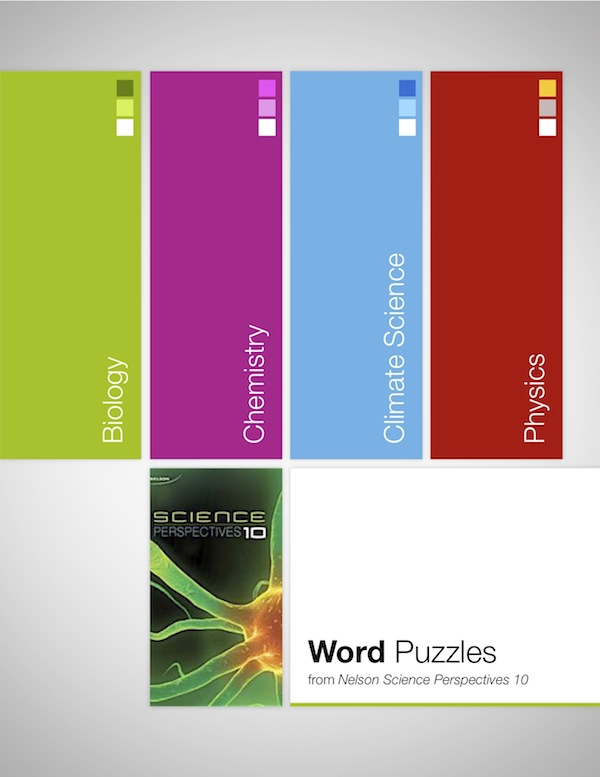
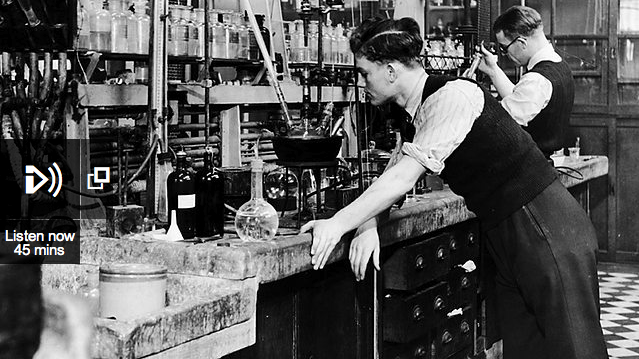

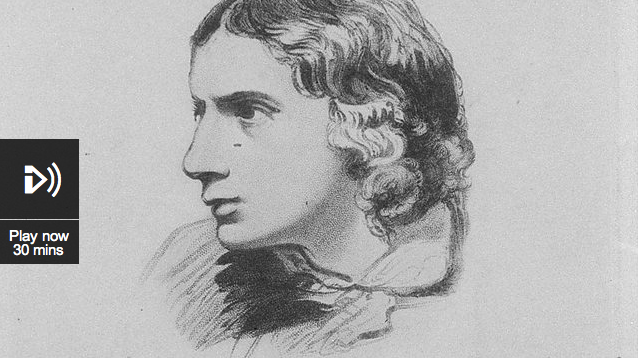
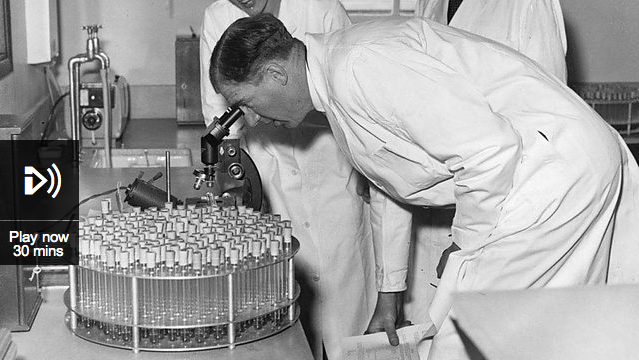
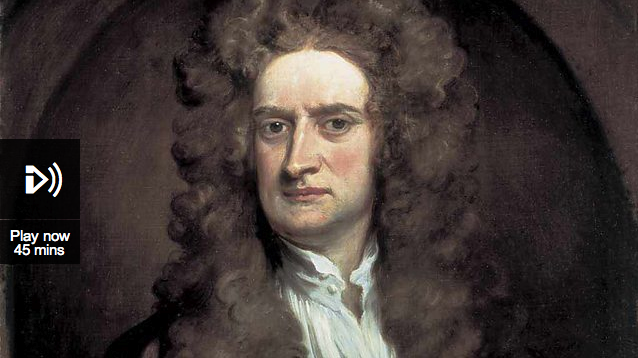
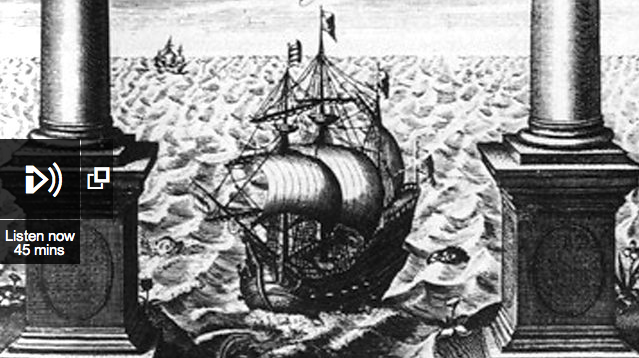
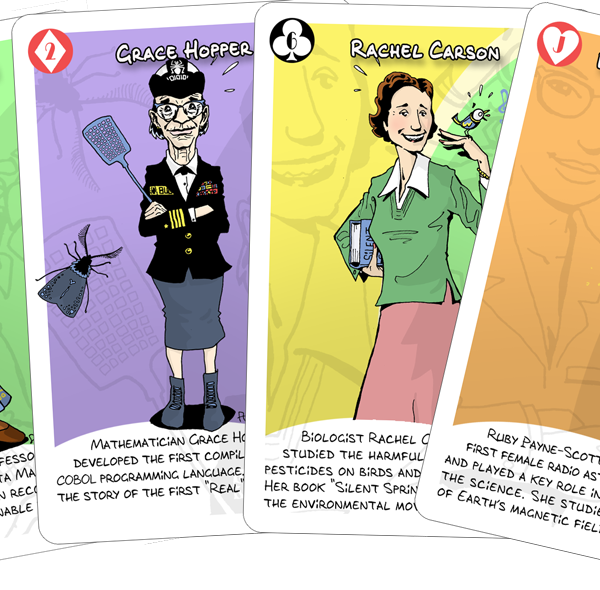
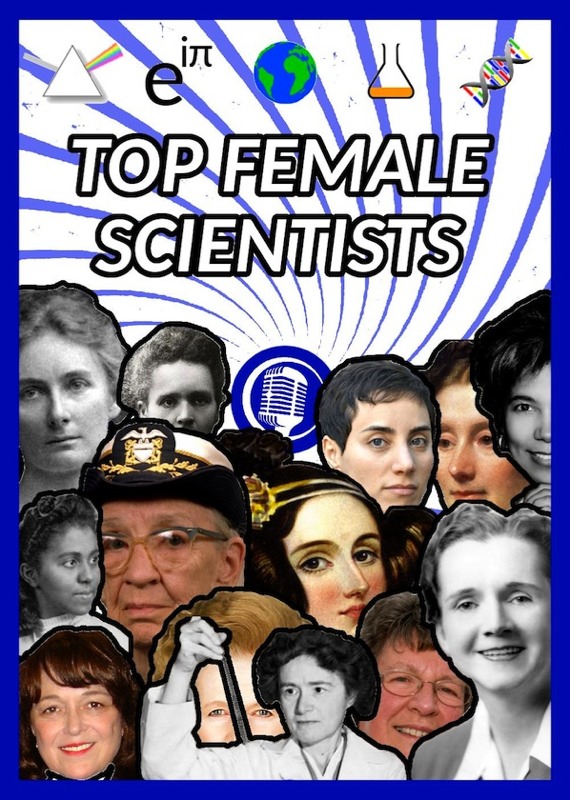
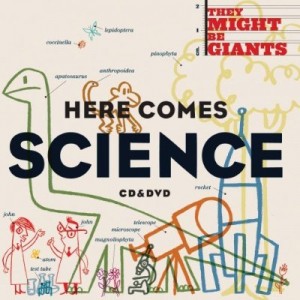
Teaching Science